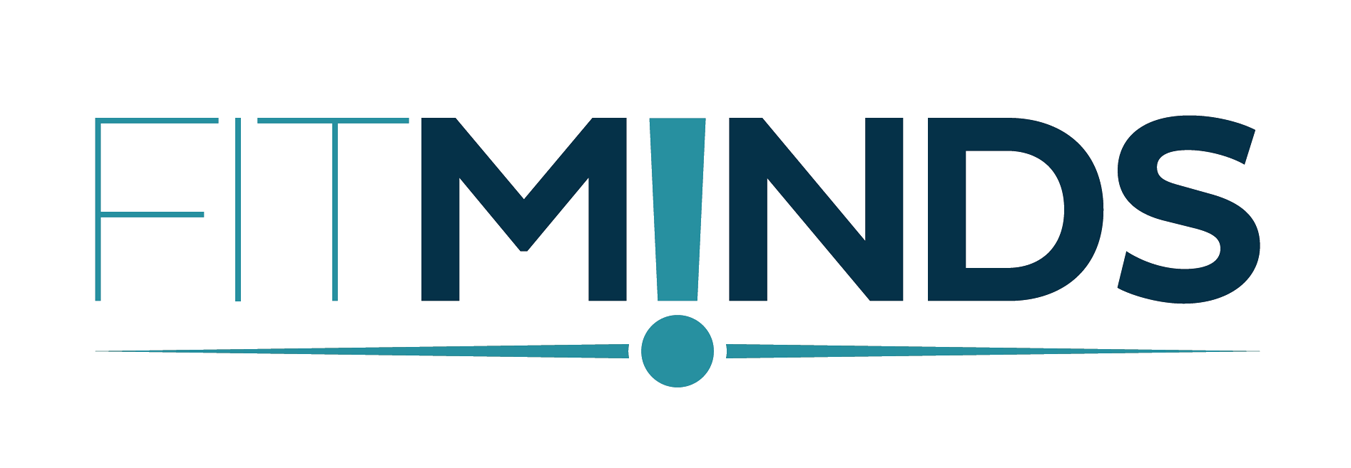The decrease in consumption due to Covid-19 has immediate impacts on many sectors. Worse, these acute impacts will have aftershocks. So, how can companies minimize the long-term negative impacts of Covid-19? What should they do today to be better off tomorrow? Two reports summarized below can help you determine your firm’s investment and spending strategy.
Report 1:
From McKinsey. The report year is 2002. Performance analysis of nearly 1,000 American companies from 1982 to 1999. There was a recession in the U.S. in the 90-91 period. The question this report tries to answer is: What had the companies which performed successfully after the recession done during the recession period?
The report examines firms in two groups:
- Industry Leaders (those which had performed in the top 25% of their sector before the recession): Those who could maintain this position after the recession are defined as “successful” and those who could not do so as “unsuccessful”.
- Challengers (those in the bottom 75% of their sector before the recession): Those who moved up into the top 25% were defined as successful and those who could not, were defined as “unsuccessful”.
Successful Challengers
- Successful Challengers, which had been laggards in terms of mergers and acquisitions, behaved more aggressively during the recession.
- Unlike unsuccessful followers, they also used their cash reserve more courageously (see table below).

Successful Leaders
- Compared to unsuccessful leaders, they made lots of smaller deals.
- Successful leaders showed the courage to compromise short-term profitability for long-term (see table below). These companies, which had spent more than their competitors in the recession period, had the opportunity to perform well by spending less than their competitors under normal market conditions.

Report 2:
From Bain. The report year is 2019. Performance analysis of nearly 3,900 companies from all over the world in the 2007-2017 period. 2008-09 was a recession period. This report tries to answer the same question: What had the companies performed successfully after the recession done during the recession period?
Two critical findings:
- Those who emerged stronger from the recession were good at 4 issues: reduction in costs before the recession, financial discipline, aggressive commercial moves, and proactive mergers & acquisitions.
- Those who suffered the most from the recession were those who had interpreted the recession period as a survival period and had applied an aggressive defensive policy. Those were the companies that needed to use the most resources to regain strength when the market recovered.
Please note that, although there are 17 years between the two reports, the results are similar. So, how should companies use their resources? Bain offers a model for this question as follows.
Conclusion
Crises are temporary. Moreover, crises take less time than normal periods of the market. Therefore, focus on the long-term impacts of the decisions you make during the crisis:
- If you aggressively reduce spending during the recession, your savings will probably not pay off during recovery. You will have to use more than you save, just only to regain your strength.
- If you want to get out of this period stronger, focus your resources on the areas where you are strong while your competitors are probably gearing down. You may sacrifice some of your profitability during the recession, but it will pay off.
The most critical aspect of the strategy is determining where to move the resources. Contact us to optimize your resource utilization strategy.



